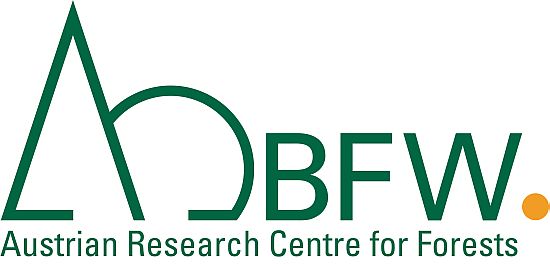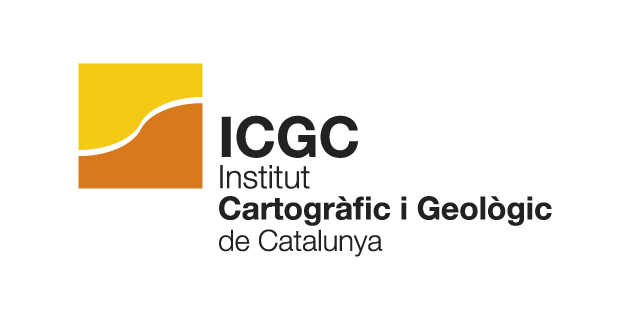Storms have implications that exceed the forest sector. They can also affect critical infrastructure and civil protection, power supply, communication and transport lines. Fallen trees will damage and block roads leading through forest areas. Direct and indirect economic damages and negative human impacts (health, loss of lives, livelihoods) are the consequence. Next to the immediate threat of being hit by a fallen tree, the clearing and restoration of traffic safety and functioning of roads can take substantial efforts and tie up capacities of emergency services that may be missing in other places.
Well-prepared coordination and prioritization of activities is required and emergency management can benefit largely from planning and training prior to such an event. However, to date crisis management plans for storm related impacts along roads rarely exist at municipal or district level in Germany.
Developing a participatory crisis management plan for one district, which brings together all involved and affected agencies to manage risk of wind throw along roads, will substantially increase local coping capacities as well as general risk awareness among officials and within authorities.
The plan will be developed in close cooperation with the district administration (Landratsamt) and associated departments, civil protection agencies and emergency services, the forest administration, forest owners, managers and contractors, as well as associations, NGOs and media. The case-study will describe the process to develop a joint crisis management plan for an exemplary district in the state of Baden-Württemberg, Germany. Insights and lessons learned will be shared and guidelines on how to develop similar plans in other regions established.








